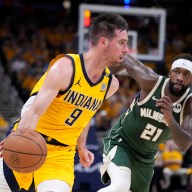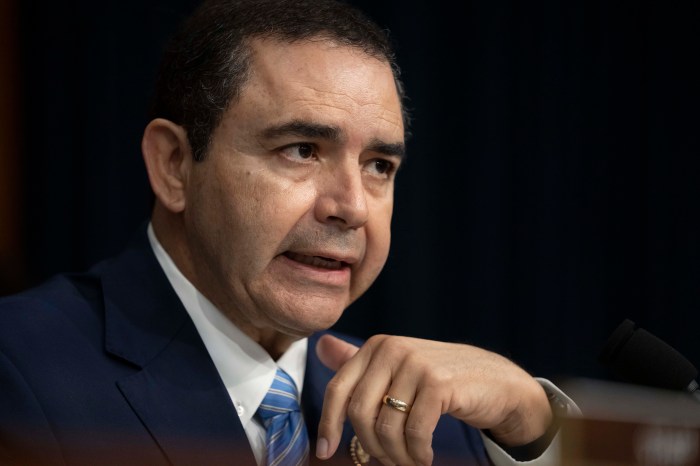It’s not a glamorous subject, but colorectal health is vital for overall well-being and longevity. Measuring 5 to 6 feet, the colon, or large intestine, is a crucial part of the body’s finely tuned digestive system.
“Colon health is extremely important, because colon cancer is extremely common,” warns Columbia Doctors Medical Group gastroenterologist Dr. Maxwell M. Chait. “Around 150,000 colon cancers are diagnosed in the U.S. annually. Around 50,000 are fatal,” he adds.
“It’s basically our waste disposal. It’s part of the digestive tract, but most of the nutrition has already been absorbed,” he explains of the colon. Even so, the colon plays a crucial role in absorbing, or reabsorbing, water and water-soluble elements, such as electrolytes from the digested mush passing through it (we said it wasn’t glamorous).
Colon disease manifests itself through inflammatory bowel syndrome, ulcerative colitis and Crohn’s disease, which all have warning signs of abdominal pain. Colon cancer, however, starts with painless precancerous polyps or lesions that often go unnoticed until serious.
“It’s a silent disease,” says Dr. Chait. “Often there is no pain or symptoms in the early stages. Colonoscopies have been great for catching polyps before they become cancerous. Early detection increases survival rate by 90 percent.”
Get screened
March is National Colorectal Cancer Awareness Month: The American Cancer Society recommends men and women begin colonoscopy screening at age 50. Dr. Chait advises people at greater risk from hereditary or ethnic factors — such as people with a family history and African-Americans — begin at age 45 or younger. The best advice, he says, is prevention via a healthy lifestyle. “Colon cancer is 20 percent genetic and 80 percent environment,” he says. “Diet is a big factor: Avoid refined sugar, animal fat, smoking and alcohol. Eat a diet that’s high in fiber with plenty of vegetables and fruits. Vitamin D and calcium have been shown to [help].”
What’s a colonoscopy like?
Bottom line:
It’s nothing you can’t handle. You don’t have to go to the hospital to get it done, and usually you’re home the same day.
Dr. Chait fills us in on the rest:
Preparation:
You’ll be on a liquid diet the day before, which will include cathartics to ready your body for the procedure. Many are available as liquids, tablets and powders to be dissolved in clear juice, soda or water. Ask your doctor which would be the most palatable for you. Take it easy and stay near a bathroom.
Procedure:
You’re sedated, which means you’re sleepy or completely asleep and comfortable for the procedure.
Your doctor inserts a tube and passes it around the colon, monitoring for abnormalities. Biopsies are taken or polyps are removed. This adds no pain to the procedure. This is not done during a barium enema (which is an X-ray) or a virtual colonoscopy.
Recovery:
You may have some gas or bloating after the procedure for a few hours.
You should rest that day after the procedure and eat a light but normal diet.
You can return to normal diet and activity the next day. If polyps are removed, your doctor may recommend a low-fiber diet and avoidance of heavy lifting or straining for a few days after the procedure.

















